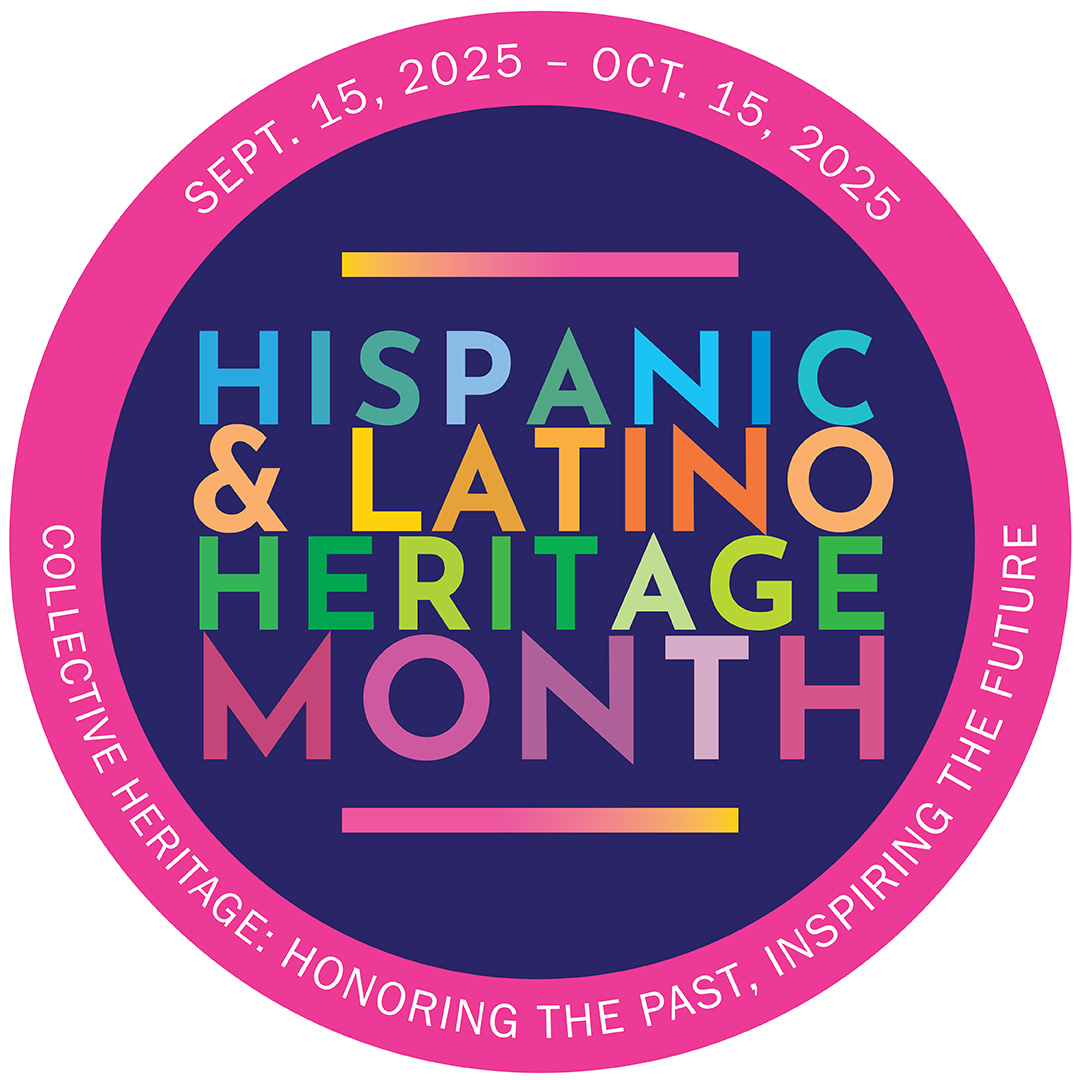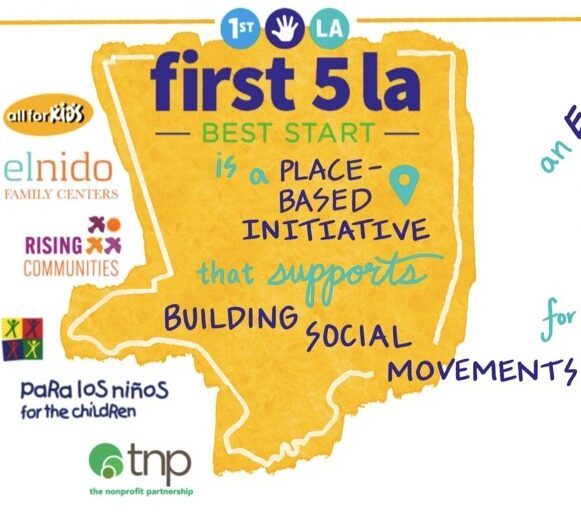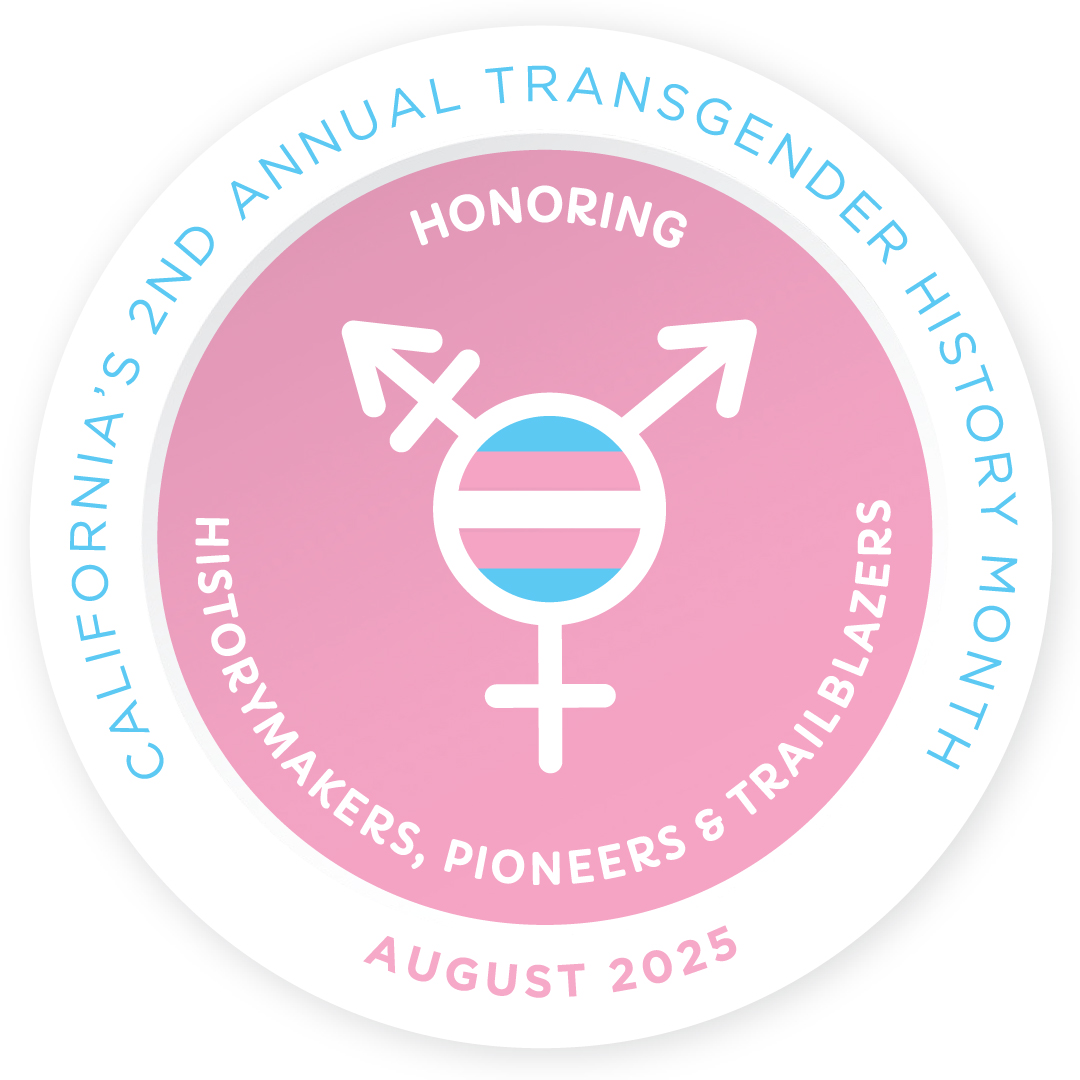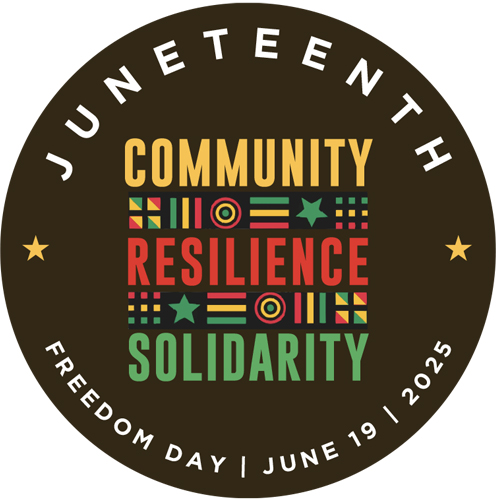 New research on adverse childhood experiences, or ACEs, reveals that 57 percent of children in California have had such experiences, with economic hardship as the most common, followed by divorce, alcohol abuse by caregivers and violence in the household.
New research on adverse childhood experiences, or ACEs, reveals that 57 percent of children in California have had such experiences, with economic hardship as the most common, followed by divorce, alcohol abuse by caregivers and violence in the household.
The research is the first to compare states and ages of ACEs nationwide, which have long shown to often have lasting and harmful consequences that affect us on physical, emotional and social levels for the rest of our lives.
The new research by Child Trends looked at ACEs of children from birth through age 17, using representative nationwide data from the National Survey of Children’s Health, which gathered data from the parents of these children. The Child Trends research estimated the frequency of eight of the most common ACEs between states and between children within age groupings.
Tracked ACEs include those related to abuse (emotional, physical, sexual), neglect (emotional and physical), and household dysfunction (parental divorce/separation, household substance abuse or incarceration, household mental illness or violence).
In breaking down the data by state and age, Child Trends found that:
- In California, economic hardship represented 22 percent of the ACEs reported, followed by divorce (17 percent), alcohol (11 percent), exposure to violence (8 percent), and exposure to mental illness or family member incarceration (5 percent).
- For children ages 0 to 5, 25 percent nationwide have experienced exposure to financial hardship, 10 percent to divorce or separation, and 6 percent to alcohol abuse, drug abuse or mental illness.
- More than half (57 percent) of children in California have gone through at least one ACE, compared to nearly half of U.S. children.
- Economic hardship is the most common ACE, not only nationally but in almost all states, including California. Divorce or separation of a parent or guardian was second highest.
The strong statistical connection between ACEs and long-term negative effects on behavior, health and well-being began with the original ACE study in which researchers found that common ACEs, such economic hardship and parents divorcing/separating, resulted in an increased adulthood risk of alcoholism, depression, illicit drug use, liver disease, marital violence, sexually transmitted diseases, smoking, suicide attempts and unintended pregnancies.
Clinical and forensic psychologist and author Dr. Susan Ashley has witnessed the impact of ACEs in her Northridge, California practice.
“We must understand that any ACE has an impact on any child, even if we cannot see it.”
“It is not uncommon for children to have ACEs and not show any outward display that they are affected,” Ashley said. “As long as they are doing well in school and behaving, it is easy to mistake this for a good adjustment to the ACE. Yet many children internalize their emotions, ignoring them, hiding them or avoiding them, thus giving the appearance that they are not impacted. We must understand that any ACE has an impact on any child, even if we cannot see it. Thoughts, feelings, fears, beliefs, all become shaken up by an ACE.”
The greater the number of ACEs experienced, the higher the risk of medical, mental or social problems experienced as an adult.
Statistics on ACEs show that if a person experienced four categories of ACEs, for example, they had a 240 percent greater risk of hepatitis, a 390 percent greater risk of emphysema or chronic bronchitis, a 240 percent greater risk of acquiring a sexually-transmitted disease, were 200 percent more likely to be smokers, and were 1,200 percent more likely to attempt suicide.
“Psychologists have known all along the link between our emotions and our physical health,” Ashley said, “but our health care system has yet to acknowledge this and provide psychotherapy on a par with medical care. Helping a child emotionally heal from an ACE now can prevent serious health problems years and decades later.”





